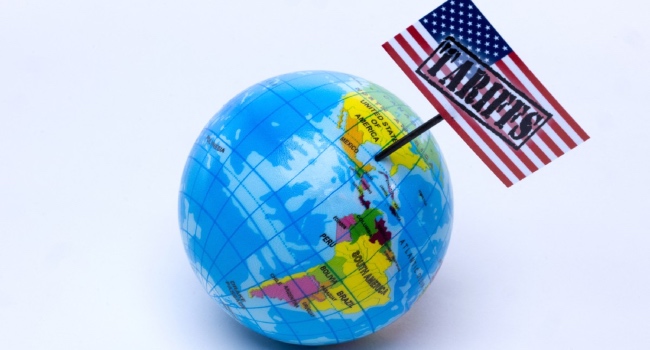The US Supreme Court will on Wednesday begin hearing arguments on the legality of former President Donald Trump’s sweeping use of executive authority to impose global tariffs — a case that strikes at the core of his “America First” economic policy.

Since returning to the White House, Trump has used emergency economic powers to enact “reciprocal” tariffs against countries accused of unfair trade practices, targeting key partners including Mexico, Canada, and China. These duties, aimed at protecting US industries, have faced a series of legal challenges.
A lower court ruled in May that Trump exceeded his authority, a decision upheld in August by the Federal Circuit Court of Appeals in a 7–4 judgment. Trump has since appealed to the Supreme Court, whose ruling could have far-reaching consequences for US trade policy and billions in tariff revenue already collected.
The conservative-majority court could either strike down the tariffs as illegal — potentially halting duties on imports worldwide — or uphold them, granting the president broad leeway to impose future trade penalties. The decision, expected in the coming months, will not directly affect Trump’s sector-specific tariffs on steel, aluminum, or automobiles.

Small business owners say the tariffs have imposed heavy costs. “These tariffs threaten the very existence of small businesses like mine,” said Victor Schwartz, a New York wine importer and lead plaintiff in the case. Another business owner, Mike Gracie, said he had absorbed “hundreds of thousands of dollars” in new costs on imported goods.
Economists warn that maintaining high tariffs could make US firms less competitive, as many imports are intermediate goods used in production.
Experts say the Court might partially uphold Trump’s powers or limit their scope, distinguishing between tariffs meant to rebalance trade and those tied to other policy goals, such as combating fentanyl trafficking.

Even if ruled illegal, Trump’s team could still rely on other trade laws to impose temporary tariffs while pursuing longer-term measures.
Beyond trade, analysts note that the case could reshape the boundaries of presidential economic authority — raising critical questions about how much power the White House holds without congressional approval.




